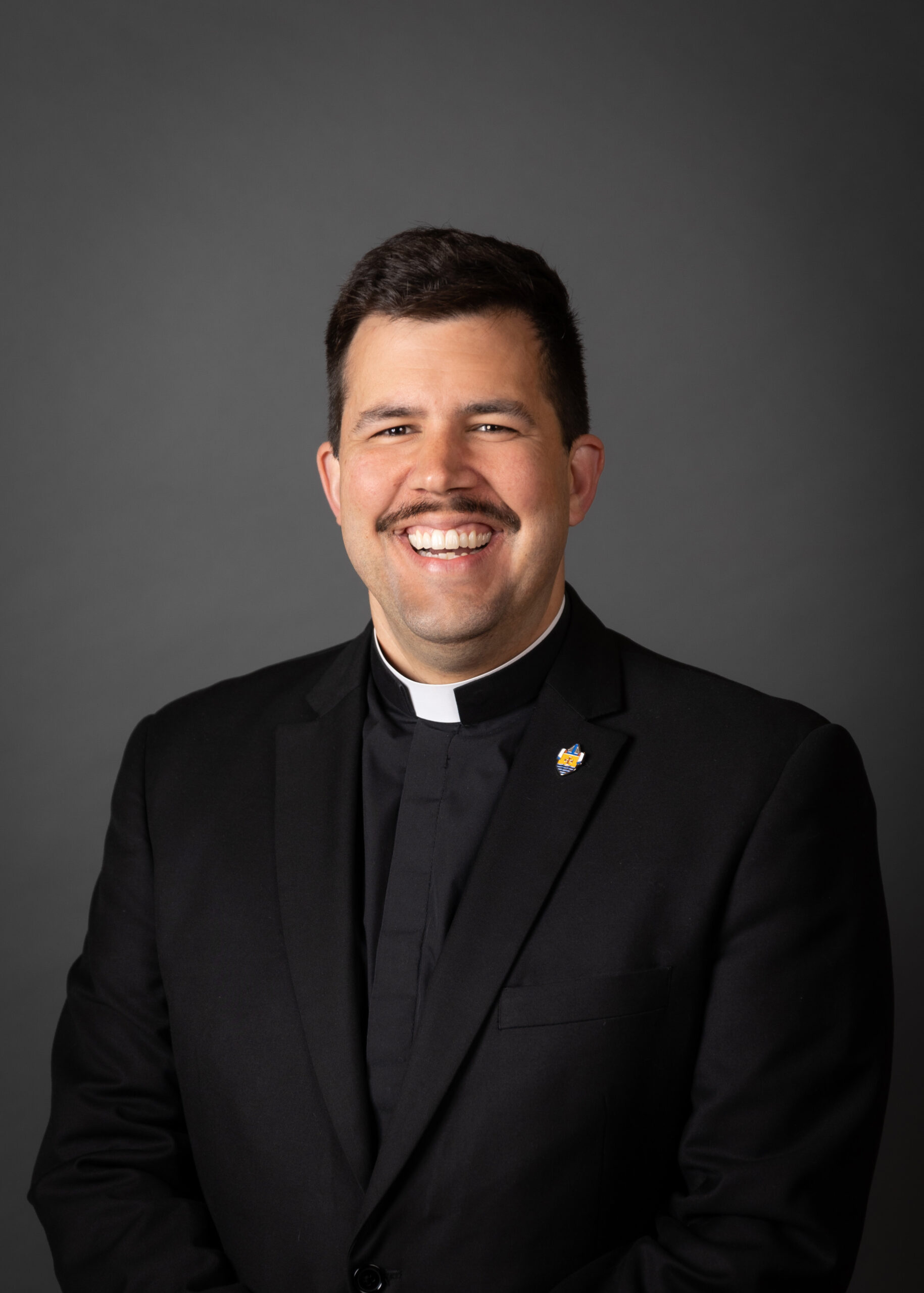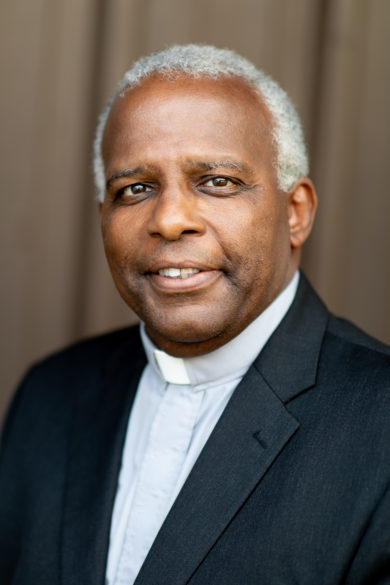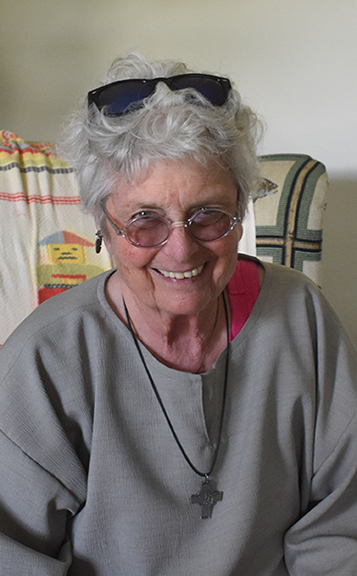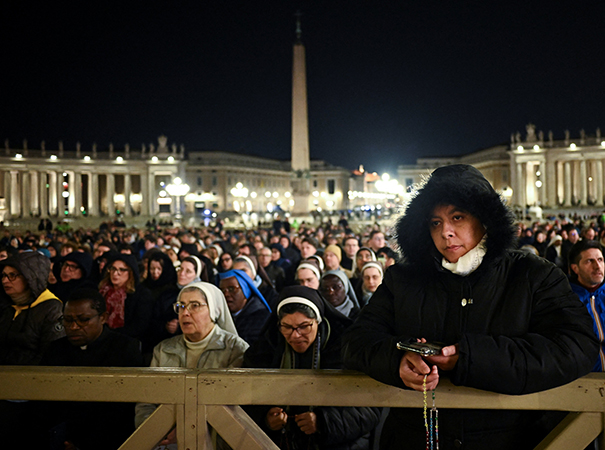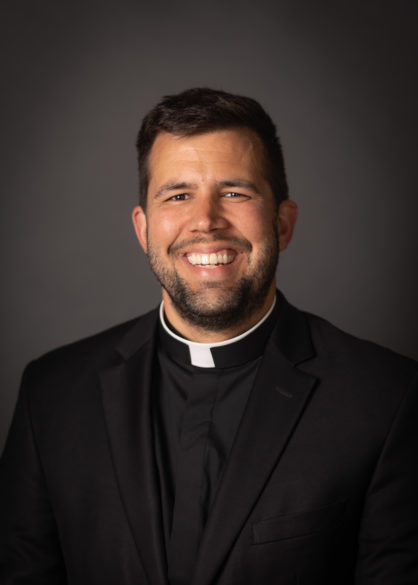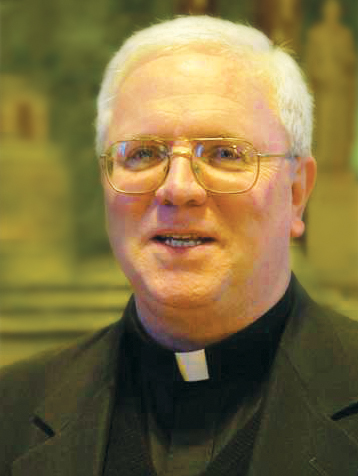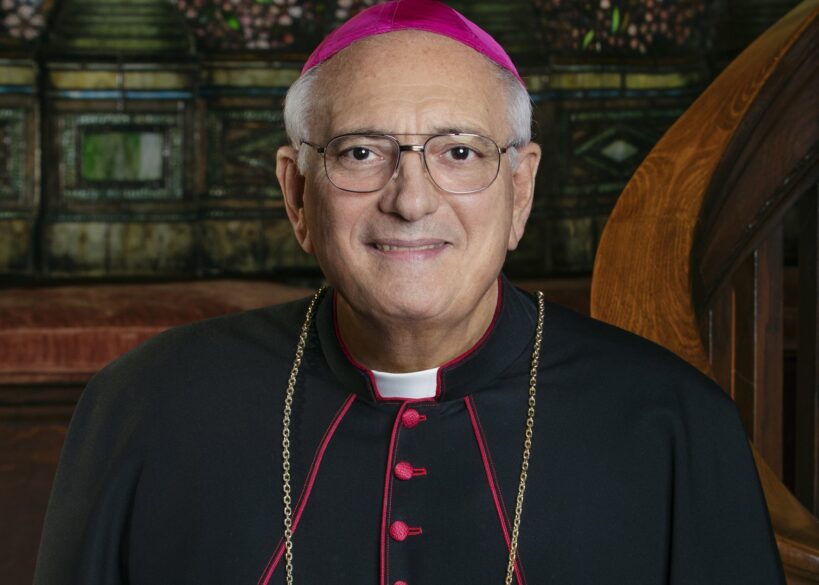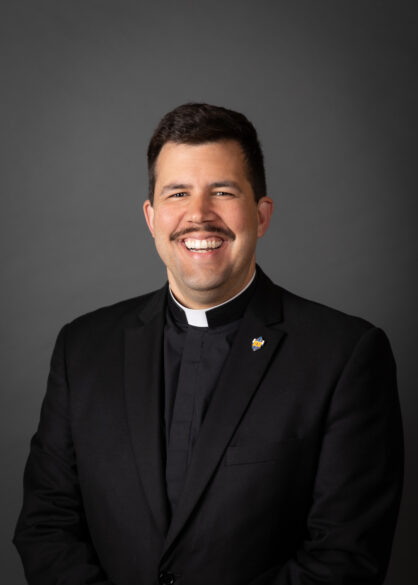IN EXILE
By Father Ron Rolheiser, OMI
Where might we experience Jesus today in a world that is seemingly too crowded with its own concerns to allow a space for him?
The renowned spirituality writer Tomas Halik, in a recent book entitled The Afternoon of Christianity, makes this suggestion. As the world makes less and less explicit space for Jesus, we need to search for him more and more in those places where he is “anonymously present.” Halik’s counsel: “Let us search for him ‘by his voice’ like Mary Magdalene; let us search for him in strangers on the road like the disciples on the road to Emmaus; let us search for him in the wounds of the world like the apostle Thomas; let us search for him whenever he passes through the closed doors of fear; let us search for him where he brings the gift of forgiveness and new beginnings.”

The invitation here is to better respond to the signs of the times, given that we are living now in what he calls “the afternoon of Christianity.”
What is the afternoon of Christianity?
He distinguishes three periods in the history of Christianity. He sees the morning of Christianity as the time before 1500 AD, the pre-modern period, the time before secularization. The noonday of Christianity, for him, is the time of secularization and modernity, basically from the 19th century until our own generation. The afternoon of Christianity, for him, is our time today, the post-modern world, where we are witnessing a breakdown of much of the world as we once knew it with the effects of this on faith and religion. And for Halik, the effect of all of this is that the Christian faith has now outgrown previous forms of religion.
Wow! That’s quite a statement! However, what Halik is proposing is not that the faith is dying, that Christianity is dying, or that the churches are dying. Rather, for him, Christianity today finds itself in a certain cultural homelessness, in a time where so many social structures that once supported it are collapsing, so that the Christian faith is now needing to seek a new shape, a new home, new means of expression, new social and cultural roles, and new allies.
And how will that turn out? We don’t know. But here’s Halik’s hunch: Christianity will not, as many fear, lose its identity and become a non-religious faith. It will not disintegrate into some vague, doctrineless, boundaryless, privatized spirituality. Rather, the hope is that (paradoxically) the very dynamism and diversity that frightens many Christians is the incubation phase of the Christianity of the future.
For him, the challenges that Christianity faces today invite us to bring faith into a new space, like Paul did when he brought Christianity out of the confines of the Judaism of his day. Here is how Halik puts it: “I believe that the Christianity of tomorrow will be above all a community of a new hermeneutic, a new reading, a new and deeper interpretation of the two sources of divine revelation, scripture and tradition, and especially of God’s utterance in the signs of the times.
How is this all to happen? That’s the thesis of the book. Chapter after chapter lays out possibilities of how we might more courageously read the signs of the times and rather than water down any of the substance of the Christian faith, let the signs of the times lead us to a deeper understanding of both scripture and tradition, especially so that we might bring together in better harmony the Christ of cosmic evolution with the Resurrected Jesus; and then recognize that they are both not just present in what is explicit in our Christian faith and worship, they are also anonymously present in the evolution of our culture and society.
Consequently, we need to search for Jesus Christ not just in our scriptures, our churches, our worship services, our catechetical classes, our Sunday schools, and our explicit Christian fellowship, though of course we need to search there. But, like Mary Magdalene, we need to recognize his voice in the caretaker at the cemetery; like the discouraged disciples on the road to Emmaus, when we no longer have the answers, we need to recognize his presence in strangers whose words make our hearts burn inside us; like the doubting Thomas, we need to overcome our doubts about his resurrection by touching his wounds as they are now manifest in the poor and the suffering; like Jesus’ first community who barricaded themselves behind a locked door out of fear, we need to recognize him whenever, inside our huddled fear, something expectedly breathes peace into us; and we need to recognize his presence inside us every time we receive forgiveness and are empowered to begin again.
This isn’t a time of dying, it’s a time of kairos, a time when we are being invited to open our eyes in a new way so as to recognize the Christ who is walking with us in some unfamiliar forms.
(Oblate Father Ron Rolheiser is a theologian, teacher and award-winning author. He can be contacted through his website www.ronrolheiser.com.)

